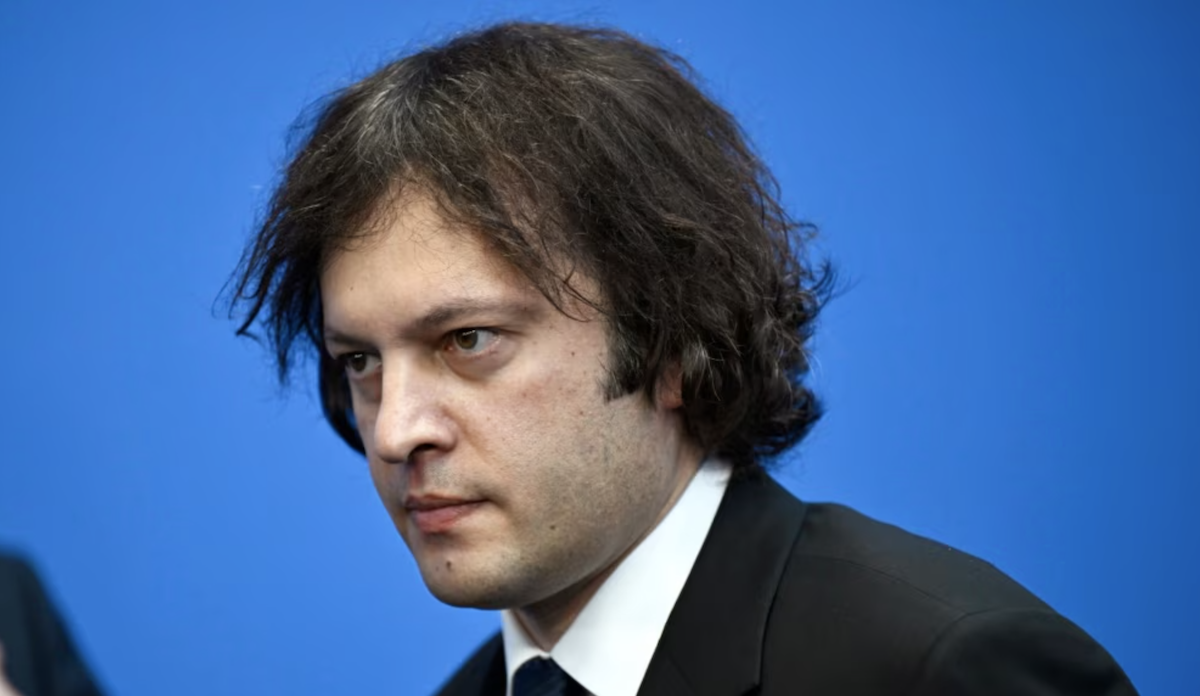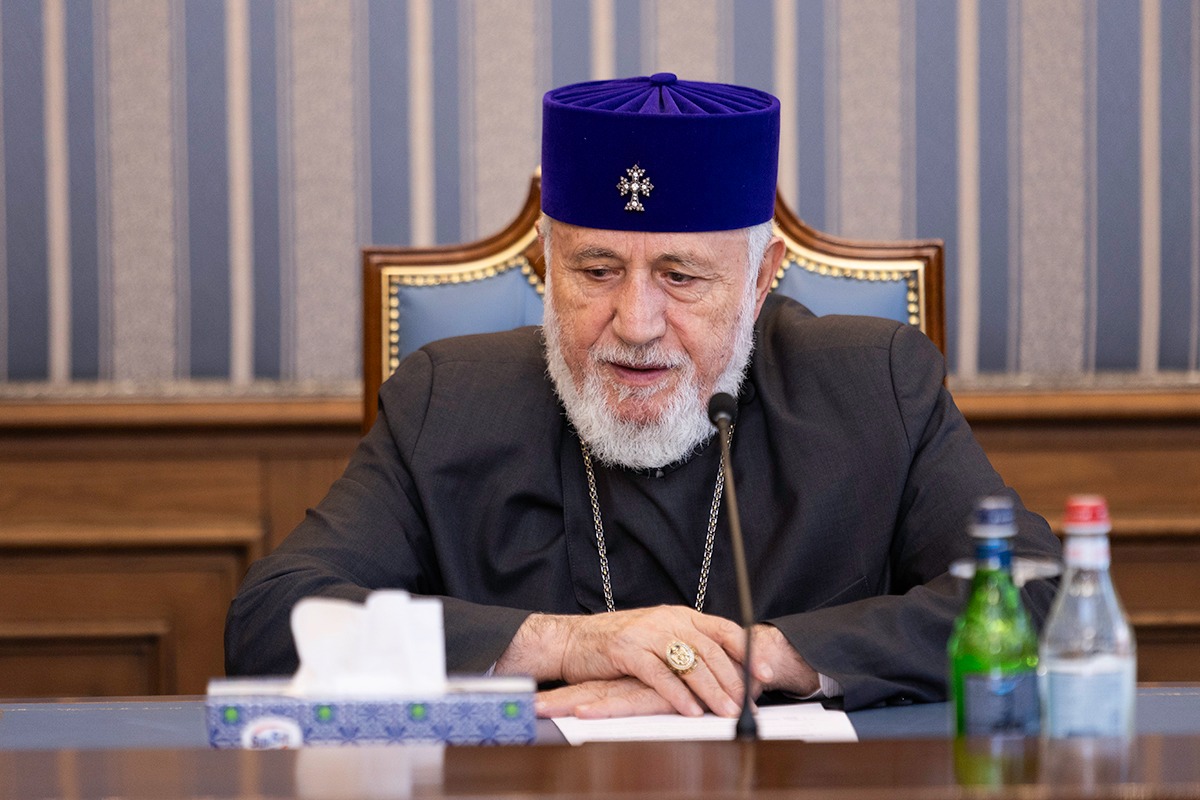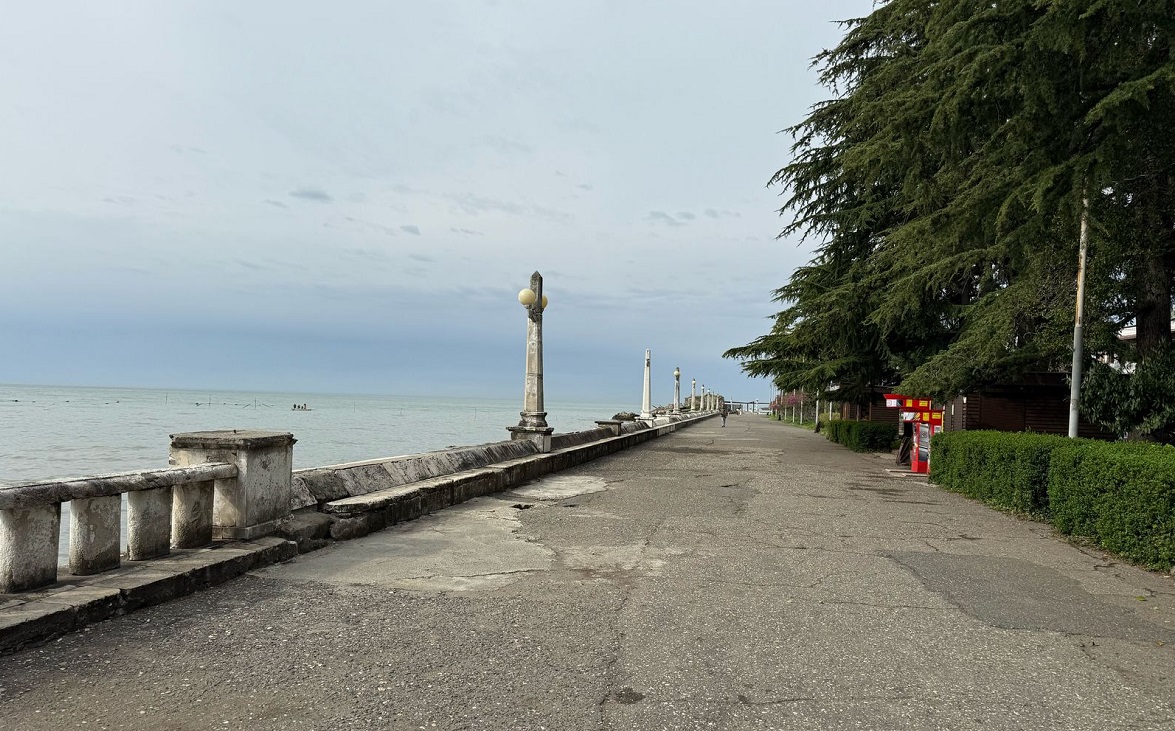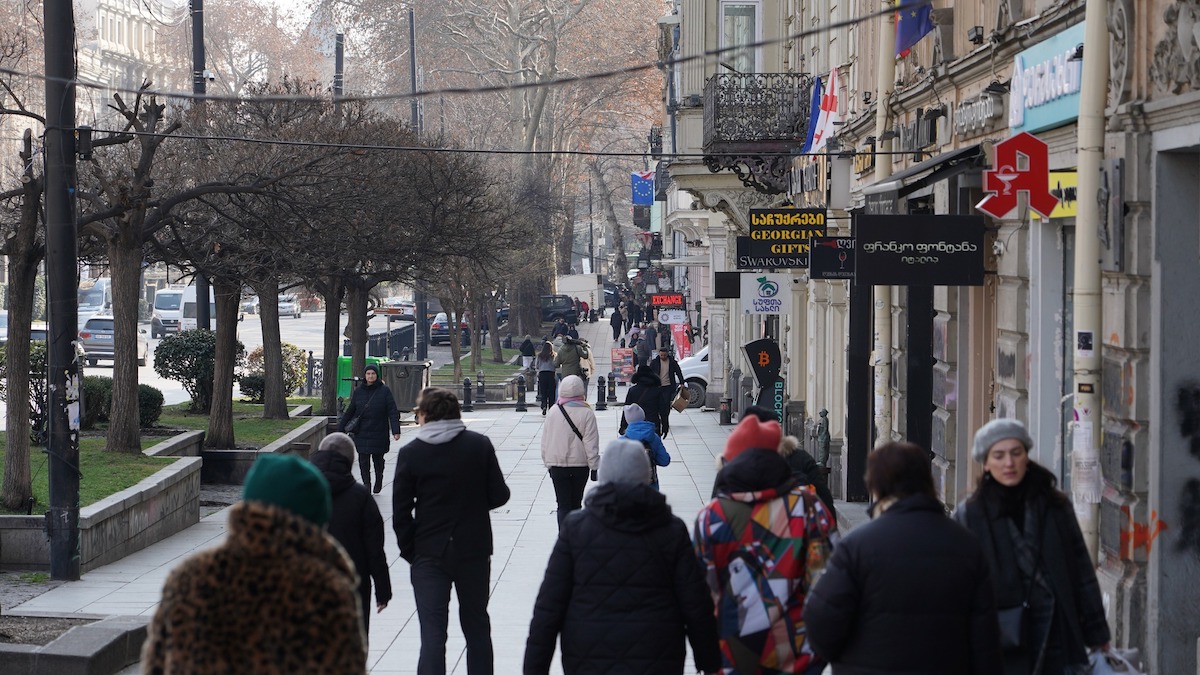Tattoos in Azerbaijan: art hidden from parents
Attitudes towards tattoos in Azerbaijan
The attitude towards tattooing in Azerbaijani society is antipodal among its various representatives: for some it is a stain on honor, for others it is art. Young people treat it with interest, but the adult generation, for the most part, with condemnation. This is the reason why there even are those who hide their tattoos from their own parents, while living under the same roof.
- Armenian families of soldiers killed in Karabakh war offered fertility treatment
- How 4 children with special needs are making it through the pandemic in Georgia
- Returning concert of a popular group in Baku. Video
Without templates and propaganda
JAMnews respondent, tattoo artist Kamal Abdullah, has been doing this for the past six years. He says he is interested in all kinds of art:
“I was advised to come to this sector. When I was still studying the basics, I realized that it was my thing. Both from the point of view of process regulation and contacts with customers.
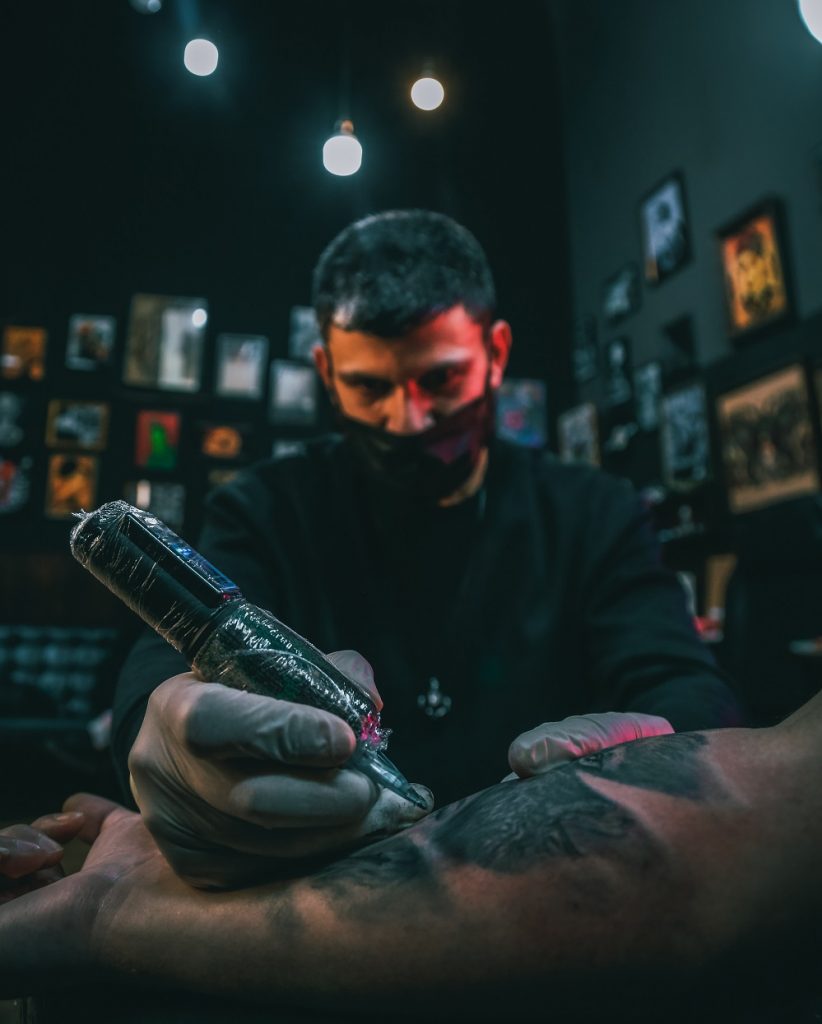
I studied this craft for a year and a half. But these days many start to work very early. Anyone who has the necessary equipment considers themselves a tattoo artist.”
Kamal thinks the reason of his popularity in Azerbaijan was also the fact that only six years ago, few people here did this.
Kamal also differs from others in that he avoids templates, propaganda, and repetition.
“There are symbolic works. For example, the sign of infinity. This can’t be avoided. But no one can get from me an exact repetition of what another master made. I make some changes, change the design,” he notes.
“A stain on honor for women, a physical stain for men”
Kamal Abdullah says that some of the most common tattoo stereotypes in Azerbaijan include a “stain on honor” for women and “physical stain” for men.
He adds that, as a tattoo artist, he is already tired of these topics:
“Power and the concept of statehood are very strong in Azerbaijan. It won’t be a problem for the state to normalize any concept in society. If tattooing were treated as an art form, if it came to the forefront as a form of culture, negative thoughts would disappear on its own. People are suspicious of all innovations, they condemn them. The ones to condemn are the ones who do not dare to do it. If you treat tattoos as a form of fine art, all condemnation will come to naught.
According to Kamal, the primary reason for the negative attitude towards tattoos in Azerbaijan is the association with “getting inked”, the world of thieves, and life in prison: “For decades, people have evaluated it as a stigma. It has a very strong impact.”
“We are considered drug addicts or vagrants”
Another respondent, tattoo artist Farid Pashayev, says that the elderly generation considers those who have tattoos to be drug addicts or vagabonds:
“It’s been four years since I’m in this business. Part of society seriously condemns both the tattooists and those who use their services. The reasons for this must be sought in the Soviet times. That’s how the mindset was formed. We have to hope for the next generation.”
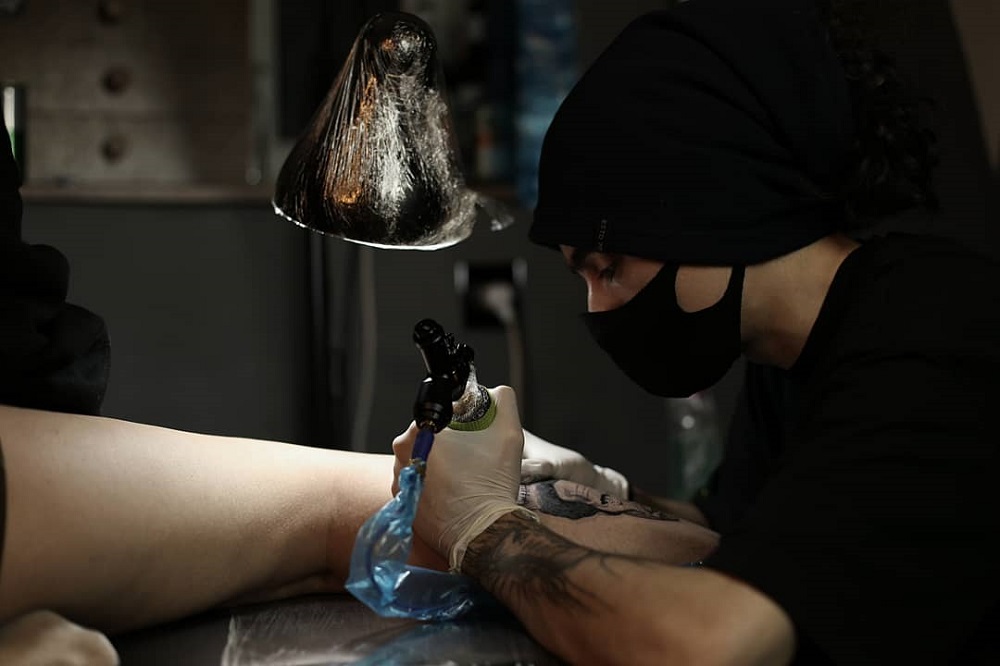
A positive feature of mastering the art of tattooing is that one can work and earn money in any country if one has the right equipment at hand, Pashayev said. But there are also negative sides. This, above all, concerns the personal life of the master.
“Not a man’s job”
“My family and relatives thought that this was not a job for a man. While I was studying the art of tattooing, I said at home that I was studying design. For two months I hid my tattoo from my family. But I think a tattoo artist should have a tattoo on his body.
Many clients are afraid that it is harmful or will lead to an illness. But when they see a tattoo on the master himself, they calm down. I think this is an important detail,” Farid emphasizes.
“I go to the countryside only in the cold months”
There is quite a number of young people in Azerbaijan, especially girls, who hide their tattoos from family members. This game of “cat and mouse” can last for months and even years. F.I. says, she has had a tattoo of her favorite cartoon character on her arm for two years now.
“I live in Baku far from my family. My parents are in the countryside. The tattoo is in plain sight. The reason I hide the drawing on the body from them is that they are very negative about it. Not because it is harmful to the body, but because it is a province, tattoos are against their mentality, for girls as well as for guys.
I only visit my parents during the colder months, so I can wear a long-sleeved shirt. I hide it this way. I don’t want to be pressured. And the truth is, I had it done of my own free will, without even thinking. But sometimes I think I should have had it done in a more covered place.
Another tattoo enthusiast, P.M., says that she has a total of four tattoos on her body now. She manages to hide all of them from her parents, although they live in the same apartment:
“I’ve been hiding my tattoos from family members for a whole year now. It’s difficult, but possible. On warm days I use foundation creams or just patches.
I think I won’t stop at these tattoos. I’m sure if they find out, this will become a tragedy, but in my opinion, people should treat such things normally, without emotions.”
Attitudes towards tattoos in Azerbaijan











